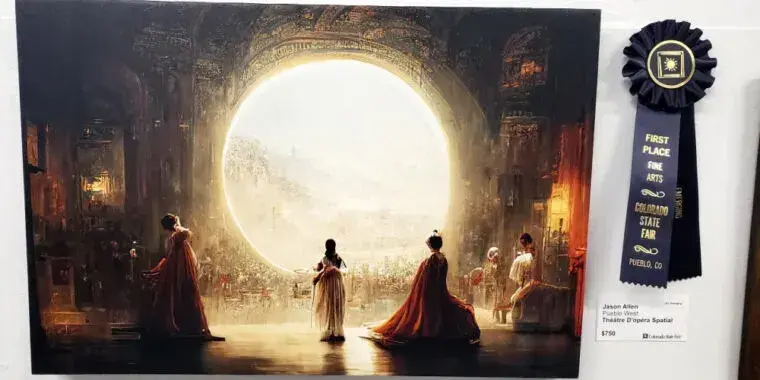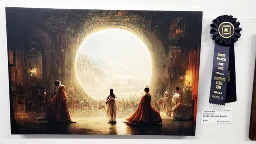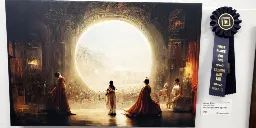Opinion: The Copyright Office is making a mistake on AI-generated art
Opinion: The Copyright Office is making a mistake on AI-generated art

arstechnica.com
Opinion: The Copyright Office is making a mistake on AI-generated art

I've generally been against giving AI works copyright, but this article presented what I felt were compelling arguments for why I might be wrong. What do you think?


